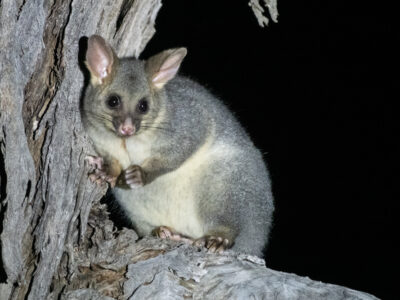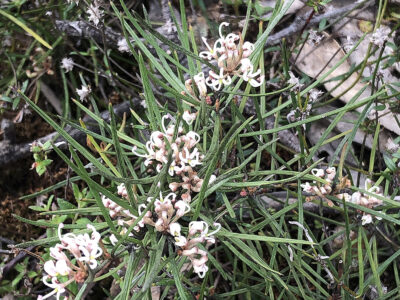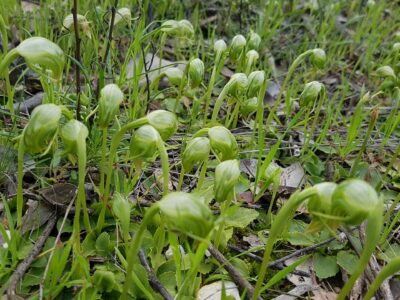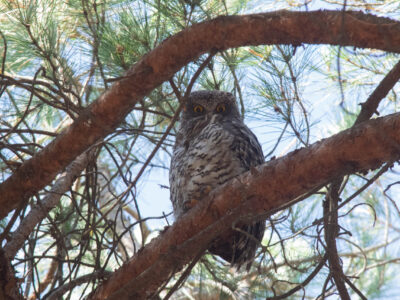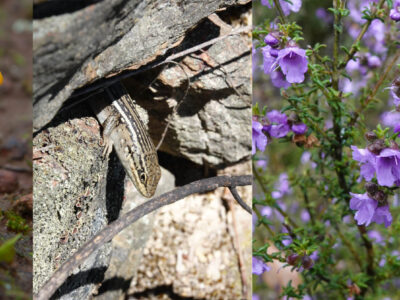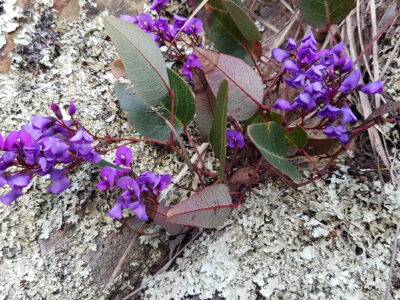Monthly Meeting: Friday 11th November, 7.30 pm, Uniting Church Chapel (note change of room for this month), Lyttleton St
Mycobacterium ulcerans is a bacterium causing ulcerative skin disease (Buruli ulcer) in humans and animals, mainly in tropical regions, particularly in West Africa. However, the organism was first isolated and described in Gippsland, Victoria, and became known here as Bairnsdale ulcer. Clinical disease continues to occur in some coastal regions as far west as Barwon […]
